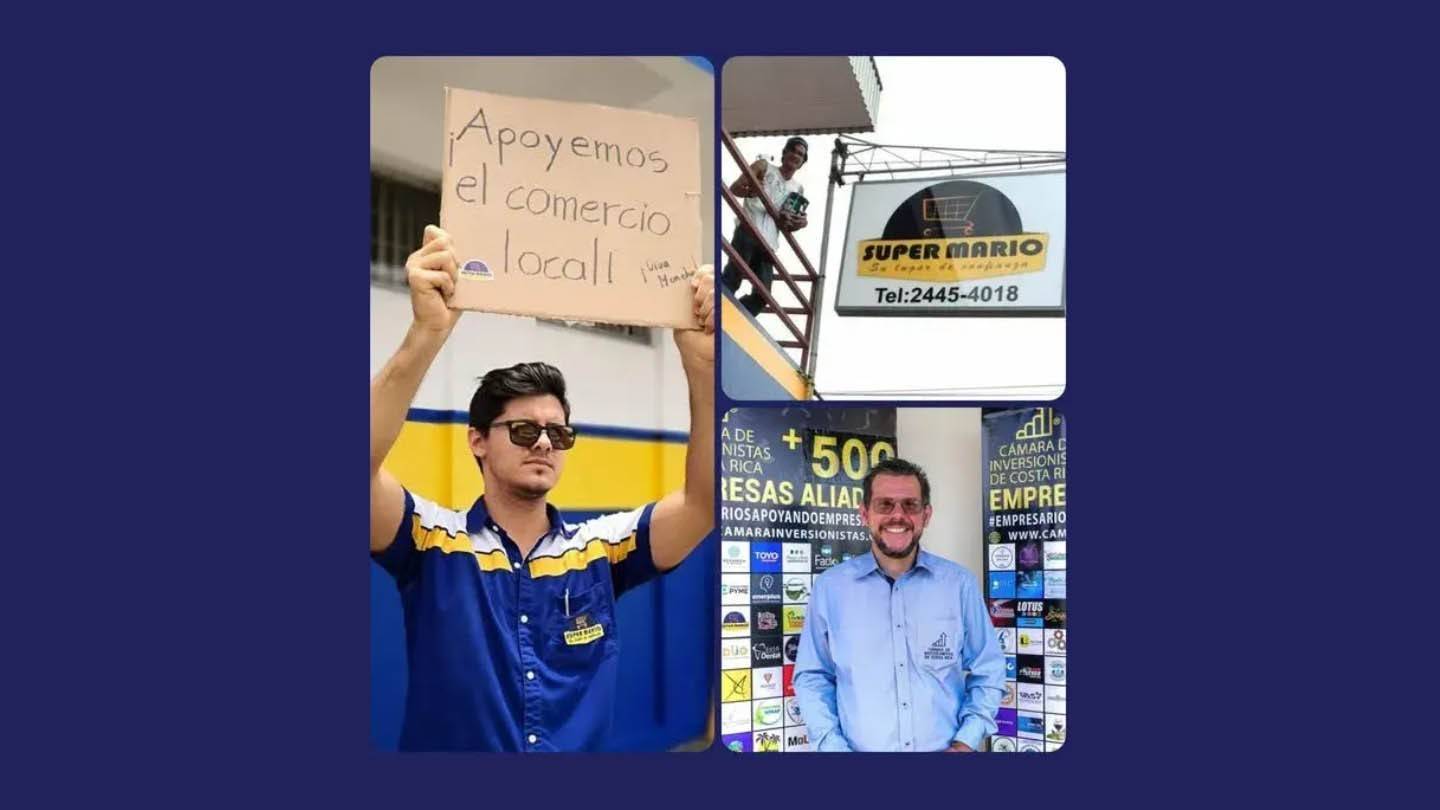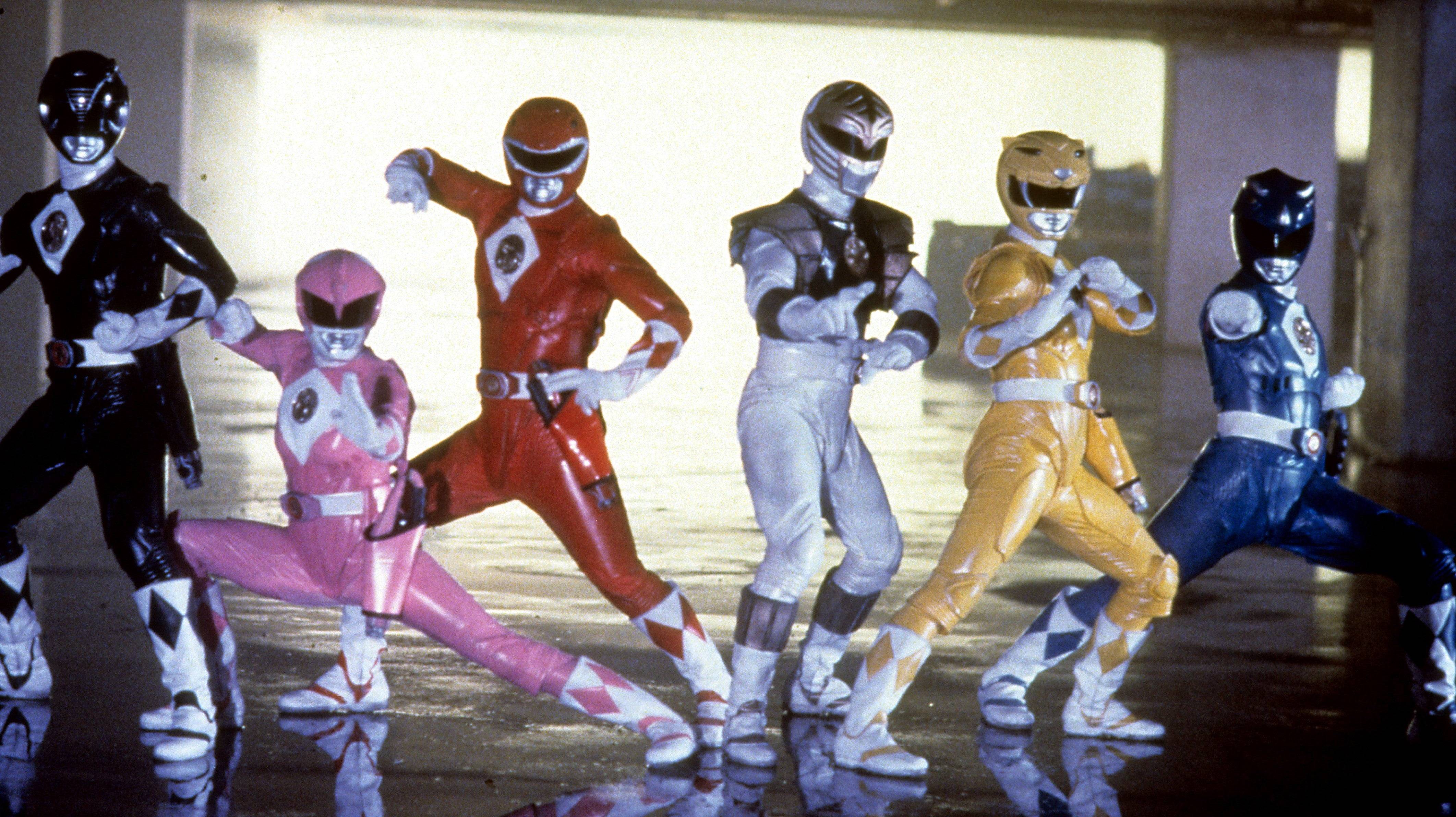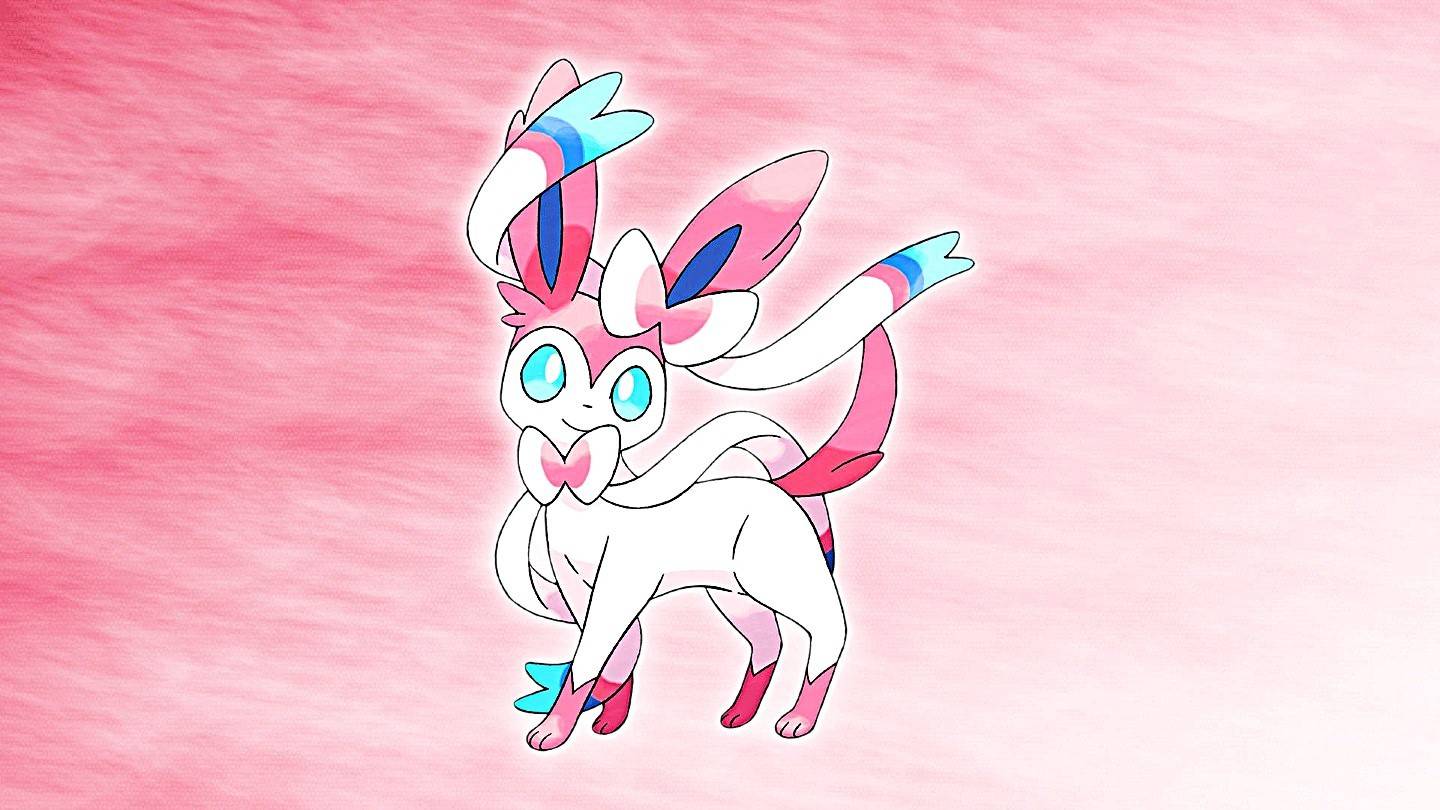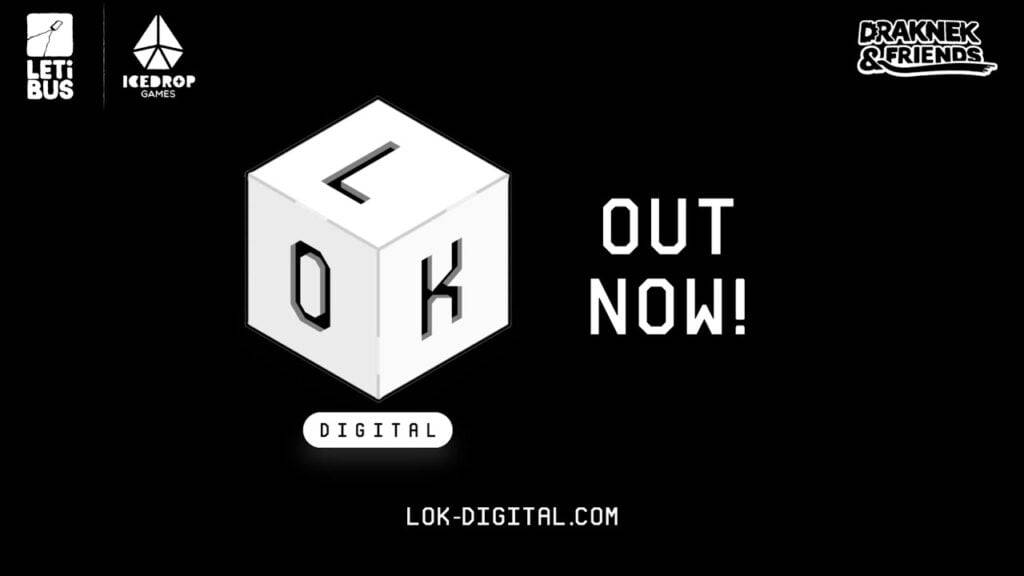Nintendo Defeated in Trademark Clash with Costa Rican Supermarket Over Super Mario
In a surprising turn of events, Nintendo has faced a legal setback in a trademark dispute with a small Costa Rican supermarket named "Súper Mario." The supermarket successfully defended its trademark in court, arguing that the name was a simple combination of its business type and the first name of its manager, Mario.
The conflict arose when Charito, the son of the supermarket's owner, registered the "Super Mario" trademark in 2013 after completing his university studies. When the trademark came up for renewal in 2024, Nintendo contested it, asserting that it infringed upon their globally recognized Super Mario brand, famously associated with their iconic video game character.
 Image: x.com
Image: x.com
However, the supermarket's legal team, led by advisor and accountant Jose Edgardo Jimenez Blanco, successfully argued that the name was not an attempt to capitalize on Nintendo's intellectual property. They convincingly demonstrated that "Súper Mario" was a straightforward reference to the store being a supermarket and the manager's name, Mario.
"I am deeply grateful to my accountant and legal advisor, Jose Edgardo Jimenez Blanco, who managed the registration and subsequent trademark battle," Charito expressed, conveying his relief and gratitude. "We were on the brink of giving up. How could we possibly stand against such a formidable corporation? But Edgardo and I were determined to fight, and we received some fantastic news just a few days ago. 'Súper Mario' will continue to thrive."
Nintendo holds the exclusive rights to the Super Mario trademark in numerous countries across various products, including video games, apparel, and toys. Yet, they did not anticipate a local business using the name for legitimate reasons.
This case underscores the intricacies of trademark disputes, particularly when global brands like Nintendo confront small businesses with legitimate claims to a name. It also serves as a reminder that even industry giants can face legal hurdles in safeguarding their intellectual property.





















![Salvation in Nightmare [v0.4.4]](https://imgs.21qcq.com/uploads/36/1719555347667e551321c26.jpg)







